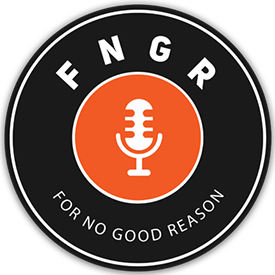Have you noticed your grocery bill being higher than usual? You are not alone.
According to Statistics Canada, the country’s annual pace of inflation rose in December to its highest rate since 1991. The consumer price index was up 4.8 percent in December from a year earlier, says the agency.
Average wages were up 2.6 percent during that same period, meaning that even if you got a raise, your purchasing power still fell.
Higher year-over-year prices for food, passenger vehicles, and housing were behind the three-decade surge.
Grocery prices alone swelled by 5.7 percent last year, the largest annual gain since 2011. The price of apples, for example, increased by 6.7 percent. Stats Can says the spike can be attributed to two things: “Unfavourable weather conditions in growing regions, as well as supply chain disruptions.”
The price of durable goods also saw a hefty increase. The cost of new cars rose to 7.2 percent, while household appliances—from refrigerators to laundry machines—were up 8.9 percent.
Meanwhile, home ownership became an even loftier pipe dream for many Canadians, with higher building costs driving home and mortgage insurance up 9.3 percent.
One kinda-sorta silver lining for consumers were gas prices, which actually fell by 4.1 percent during December—the biggest monthly drop since April of 2020. But the price of filling up at the pump is still 33 percent higher than it was in December of 2020.
Hey, at least our healthcare is still free? Good luck booking a surgery any time soon, though.







